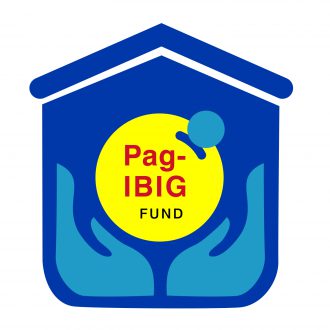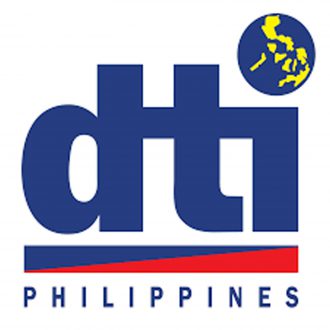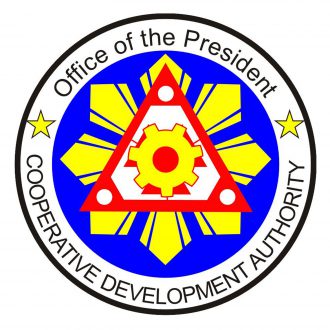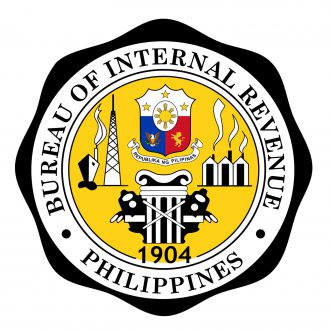Business One Stop Shop

Bohol Business One-stop Shop (Bohol BOSS) as a facility for a one-stop assistance, through Executive Order No. 6 – Series of 2009 and Provincial Ordinance No. 2011-06, where the services of line agencies mandated in business registration are made available in one location and with streamlined business processes.
The setup of a business one-stop shop in Region VII was a challenge, primarily for the national agencies in the sharing of information and systems and the delegation of functions, and for local government units to set up and operate. The BOSS concept seemed very ideal for Bohol, being an island province with 47 municipalities, so that access to different government services, convenience and speed of transactions can be made available to entrepreneurs and investors province-wide. Several preparatory activities were conducted including the following: capacity development, harmonization workshop, policy formulation, benchmarking and planning workshops. Finally, the Bohol BOSS became the first to be launched in the region on December 11, 2009, at the Governor’s Mansion, as part of the function of the BIPC to facilitate investments and provide an enabling environment for business.








The Bohol Business One-stop Shop (Bohol BOSS), since its establishment, was successfully sustained as a facility for a one-stop assistance where the services of line agencies mandated in business registration such as business name registration of the Department Trade and Industry (DTI), stock or non-stock applications to Securities and Exchange Commission (SEC), and other relevant information from Bureau of Internal Revenue (BIR), Pag-Ibig, Philhealth, Social Security System, Intellectual Property Office of the Philippines (IPOPHL) and other agencies, are made available in one location and with streamlined business processes to facilitate investments and provide an enabling environment for the local micro, small and medium enterprises (MSMEs) industry.
MSMEs play a very important role in developing the country’s economy. They help reduce poverty by boosting the local economic growth as they create wealth and generate jobs for the country’s growing labor force. These stimulate economic activities in rural and far-flung areas. About 96-99% of the MSME sector in the province are micro-enterprises with a capitalization of PhP3 million or less.





